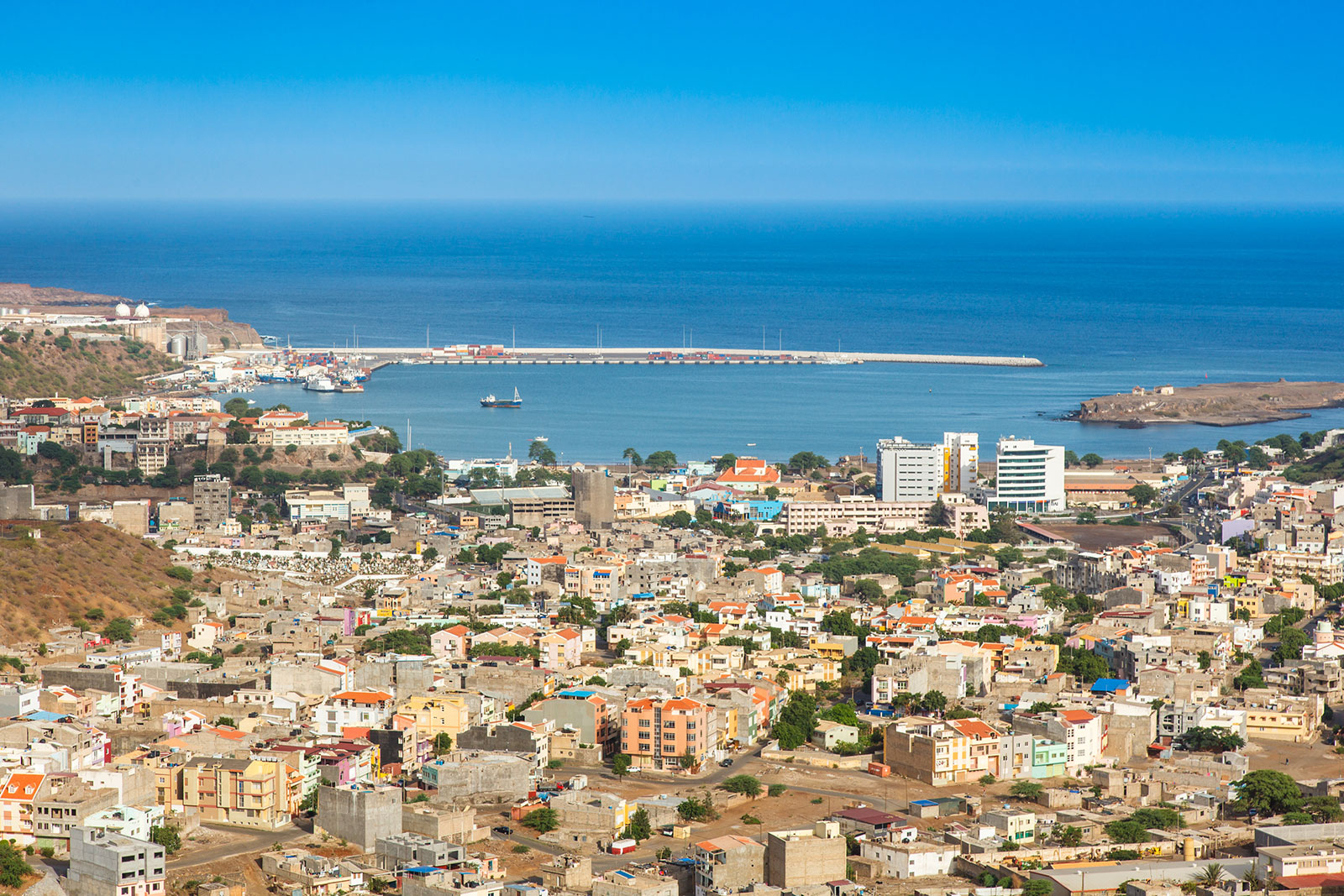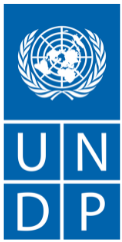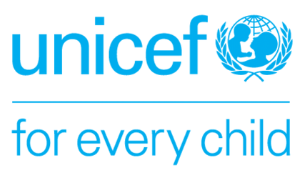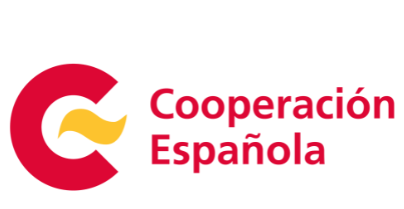In 2019, Cabo Verde became one ofthe first countries to begin implementing an integrated national financialframework (INFF). To ensure adequate financing resources for its investmentplans aimed at achieving the Sustainable Development Goals, the governmentrecognised the need for a more systematic approach that would help identify andmobilise public, private and international resources. The INFF will help insetting up a comprehensive financing strategy and a clear action plan.
Cabo Verde is part of the groupof small island developing states (SIDS). Although SIDS are characterised bydisparate human development conditions, they face some common financingchallenges: limited capacity to mobilise domestic resources, high costs ofservices, and vulnerability to environmental and economic shocks. Cabo Verde’sexperience in initiating an INFF, along with that of the Solomon Islands,another early adopter, will certainly bring valuable lessons for other SIDS.
The first scoping mission toestablish an INFF in Cabo Verde took place in November 2019 and was led by thegovernment, supported jointly by the United Nations Development Programme(UNDP), other United Nations agencies and the European Union. An inceptionreport and a roadmap have been defined; these were agreed upon with thegovernment in March 2020.
INFFs are not one-size-fits-allplans, but need to be tailored to the conditions and priorities of each countryand take stock of that country’s progress on various topics related to the INFFbuilding blocks. INFFs do not start from scratch, but build on the work alreadyundertaken in financing the SDGs. This is certainly the case for Cabo Verde,where the government, with support from the World Bank and UNDP, had previouslyestablished a monitoring and evaluation (M&E) system to help measureprogress on implementation and results of the National Development Plan (PlanoEstratégico de Desenvolvimento Sustentado – PEDS), built around the country’spriority SDGs.
The M&E system consists of anICT Information and Communication Technology (ICT) platform managed by theNational Statistics Institute (Instituto Nacional de Estatística - INE), whichconnects to several government sources to compile and store administrativedata. The development of quality indicators will be finalised soon, and furthertraining of personnel from the INE, the Ministry of Finance and other agencies,will be carried out.
According to Gilson Pina, Director for Planning at the Ministry ofFinance, ‘The system will show resultsat the right time, in real time, from implementation’ and will ‘allow changesif the objectives are not being achieved’. Such monitoring is vital; Pina citeda recent example in the agricultural sector, where more than USD 7.2 millionhad been invested but with little impact on the livelihoods of the ruralpopulation, thus continuing a trend of massive urbanisations.
‘We do not want that to happenwith our PEDS, and the new evaluation and monitoring system has to be alignedwith all sectors because we do not have unlimited resources’, Pina concluded.
The INFF roadmap should provideentries for linking existing financing systems – such as the annual publicbudget process, the national investment system and the medium-term expenditureframework – with a results-based framework. This can generate recommendationsfor efficient allocation resources, thus promoting stronger accountabilitysystems. As a result, the M&E system can be a fundamental tool infacilitating work in other important areas of the INFF, such as:
- the costing exercise under the assessment and diagnostics buildingblock, which the government, with support from the World Bank, launched inDecember 2019;
- the budgeting process part of the financing strategy building block,which is aimed at orienting public resources towards PEDS priorities;
- ensuring accountability and providing reliable information and data forthe governance process.
The Cabo Verde experience showshow one successful component of the INFF strategy can help towards achievingthe other building blocks, including the core objective of establishing afinancing strategy.












.png)


